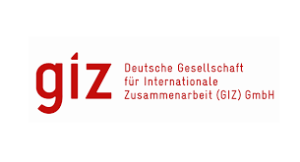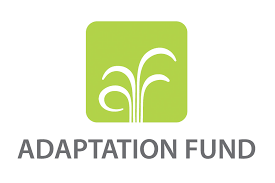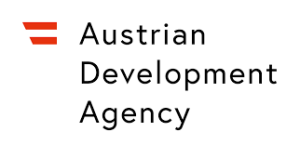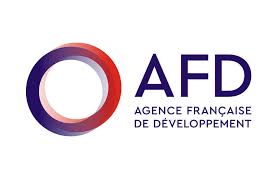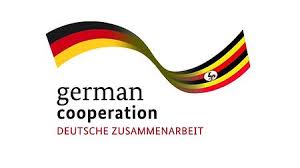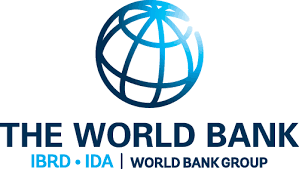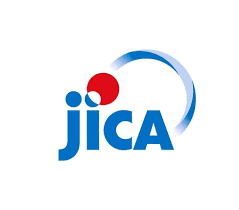STWSSP
The Strategic Towns Water Supply and Sanitation Project (STWSSP), managed under the Urban Water Supply and Sewerage Department, is a critical initiative aimed at addressing the growing demand for safe water and improved sanitation in Uganda’s strategic urban centers and surrounding communities. The project is a testament to Uganda’s commitment to achieving Sustainable Development Goal 6 (SDG 6) – ensuring the availability and sustainable management of water and sanitation for all. Its focus on infrastructure development and climate resilience underscores a forward-thinking approach to sustainable urban development.
Overall Goal and Specific Aims
The overarching goal of the Strategic Towns Water Supply and Sanitation Project is to improve public health and socio-economic development in targeted towns and communities by providing access to reliable, safe, and sustainably managed water supply and sanitation services. More specifically, the project aims to:
- Expand and rehabilitate water supply infrastructure to meet the increasing demand in strategic towns.
- Improve sanitation facilities and services to enhance public health and environmental protection.
- Construct climate-resilient piped water supply facilities to safeguard against the impacts of climate change, such as droughts and floods.
- Increase water supply service coverage in underserved communities, including rural areas, peri-urban settlements, and refugee settlements, promoting equitable access.
- Strengthen the institutional capacity of water utilities and local authorities for sustainable operation and maintenance of water and sanitation infrastructure.
Project Components
The project’s strategy is designed to achieve its comprehensive objectives through various interlinked activities, primarily focusing on:
- Infrastructure Development and Management: This core component involves the planning, design, and construction of new water treatment plants, distribution networks, storage reservoirs, and public water points. It also includes the rehabilitation and upgrading of existing infrastructure to improve efficiency and reliability.
- Construction of Climate-Resilient Piped Water Supply Facilities: Recognizing the vulnerability of water resources to climate change, this component prioritizes the use of climate-resilient technologies and designs. This includes measures such as robust intake structures, diversified water sources, and energy-efficient pumping systems to ensure continuity of service during extreme weather events.
- Construction of Water Supply Infrastructure to Increase Service in Underserved Communities: This critical component addresses the disparity in access to water. It focuses on extending piped water networks to rural growth centers, informal urban settlements, and designated refugee settlements, ensuring that even the most vulnerable populations have access to safe water.
- Sanitation Infrastructure Development: This component encompasses the construction and upgrading of sewerage systems, faecal sludge management facilities, and public sanitation facilities in urban areas, contributing to improved hygiene and environmental sanitation.
- Capacity Building and Institutional Strengthening: This involves training and technical assistance for water utility staff, local government officials, and community structures to enhance their capacity in water resource management, operation and maintenance of infrastructure, financial management, and customer service.
Key Project Areas and Scope
The Strategic Towns Water Supply and Sanitation Project targets various strategic towns and their surrounding areas across Uganda, chosen based on population density, economic potential, and existing water and sanitation service gaps. While specific towns may vary based on project phases and funding, the project broadly covers:
- Urban and Peri-Urban Areas: Focusing on district headquarters and other rapidly growing towns that require significant upgrades and expansion of their water supply and sanitation systems.
- Rural Growth Centers: Extending services to smaller but growing rural communities that serve as important economic hubs.
- Refugee Settlements: Addressing the critical water and sanitation needs of populations in refugee settlements, often in partnership with humanitarian organizations, to ensure dignified living conditions and prevent disease outbreaks.
Key Activities and Stakeholder Engagement
The project emphasizes active engagement with a wide range of stakeholders to ensure effective implementation and long-term sustainability:
- Feasibility Studies and Detailed Designs: Thorough technical and environmental assessments are conducted to ensure optimal and sustainable infrastructure solutions.
- Procurement and Construction Supervision: Transparent procurement processes and rigorous supervision ensure quality construction and adherence to standards.
- Community Mobilization and Sensitization: Engaging local communities is crucial for promoting ownership, ensuring proper use of facilities, and encouraging demand for services. This includes hygiene promotion campaigns.
- Partnerships with Local Governments and Water Utilities: Collaborative efforts with local authorities and the National Water and Sewerage Corporation (NWSC) are essential for project implementation, operation, and maintenance.
- Monitoring and Evaluation: Regular monitoring of project progress, service delivery, and impact is undertaken to ensure accountability and inform future interventions.
Impact and Future Outlook
The Strategic Towns Water Supply and Sanitation Project is poised to make a transformative impact on the lives of millions of Ugandans. By expanding access to safe water and improved sanitation, the project will significantly contribute to:
- Reduced incidence of waterborne diseases: Leading to improved public health outcomes, especially for women and children.
- Enhanced productivity and economic growth: By reducing time spent fetching water and improving health, communities can engage more in productive activities.
- Improved environmental sustainability: Through better wastewater management and reduced pollution of water sources.
- Increased resilience to climate change: By investing in climate-resilient infrastructure, the project safeguards water security for future generations.
The ongoing efforts and successes of the Strategic Towns Water Supply and Sanitation Project are vital for Uganda’s journey towards achieving universal access to safe and sustainable water and sanitation, laying a strong foundation for a healthier and more prosperous future.
 Official Website of the Ministry of Water and Environment
Official Website of the Ministry of Water and Environment

